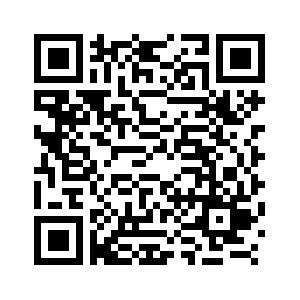ACCRA, Dec. 12 (Xinhua) --The World Bank Group approved 100 million U.S. dollars for the extension of Ghana's poverty alleviation programs, an official said on Monday.
Pierre Laporte, World Bank country director for Ghana, Liberia, and Sierra Leone, announced this during an event to conclude the first phase of the Ghana Productive Safety Net Project (GPSNP). "The World Bank will further support Ghana with additional financing to the second phase of the GPSNP, which will aid in increasing the Livelihood Empowerment Against Poverty (LEAP) benefits and coverage."
"The World Bank has consistently supported Ghana's efforts to protect the poor and boost economic growth. These include the GPSNP and the Ghana Social Opportunities Project. These projects have reached more than two million poor and vulnerable Ghanaians," said the World Bank official.
The GPSNP operates under the Ministry of Local Government, Decentralization and Rural Development, and the Ministry of Gender, Children and Social Protection, which ensures the allocation of stipends to poor and vulnerable households under LEAP periodically.
The project also offered entrepreneurial and skills training, seed capital, and materials to beneficiaries through their skills empowerment projects.
"Through the project, we have provided short-term employment to 34,500 poor persons, and linked 16,000 beneficiaries to ongoing flagship programs of the government," said Dan Botwe, minister for local government, decentralization and rural development.
He said the programs had also distributed 11.9 million cashew, oil palm, and coconut seedlings to support the government's Planting for Export and Rural Development Program.
Abi Yakubu, a beneficiary of the skills empowerment program, lauded the World Bank and the government of Ghana for aiding them with the skills that had become the mainstay of their families.
"Some of us are widows, but through this program, we produce and sell our products to make some income to support our children in school, pay our hospital bills and feed our households," she added. ■



